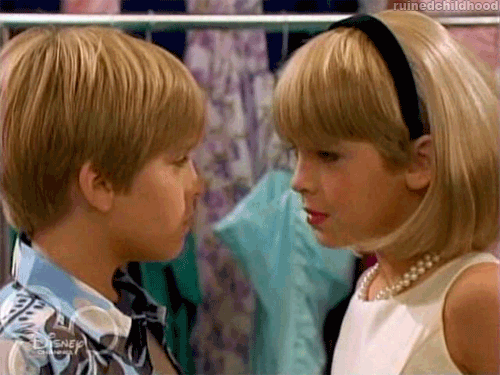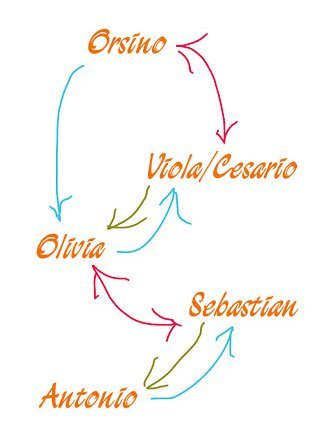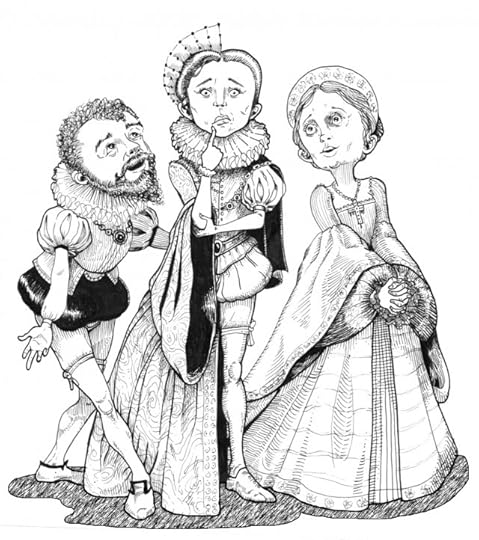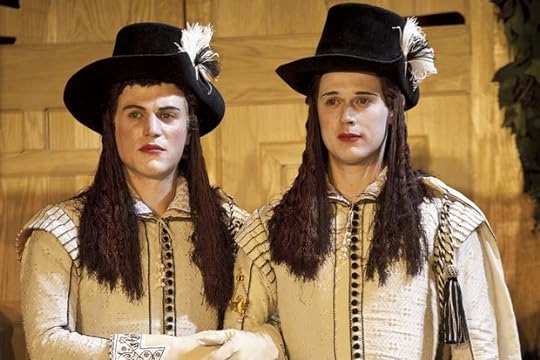What do you think?
Rate this book


272 pages, Mass Market Paperback
First published February 2, 1602
























"An apple cleft in two is not more twin
Than these two creatures."
he says to her. In the end Olivia and the brother get married, and so do Viola and Orsino. All is well.
Diana's lip
Is not more smooth and rubious, thy small pipe
Is as the maiden's organ, shrill and sound,
And all is semblative a woman's part,"
A woman’s face, with nature’s own hand painted,
Hast thou, the master-mistress of my passion;
A woman’s gentle heart, but not acquainted
With shifting change, as is false women’s fashion;
An eye more bright than theirs, less false in rolling,
Gilding the object whereupon it gazeth;
A man in hue, all hues in his controlling,
Which steals men’s eyes and women’s souls amazeth.
And for a woman wert thou first created,
Till nature as she wrought thee fell a-doting,
And by addition me of thee defeated,
By adding one thing to my purpose nothing.
But since she pricked thee out for women’s pleasure,
Mine be thy love, and thy love’s use their treasure.
Toby: What is thy excellence in a galliard, knight?
Andrew: Faith, I can cut a caper.
Toby: And I can cut the mutton to't.


“Antonio! O, my dear Antonio! How have the hours racked and tortured me since I have lost thee.”Previous to this, Antonio was bragging about how he hasn't left Sebastian's side for three months, both day and night.

